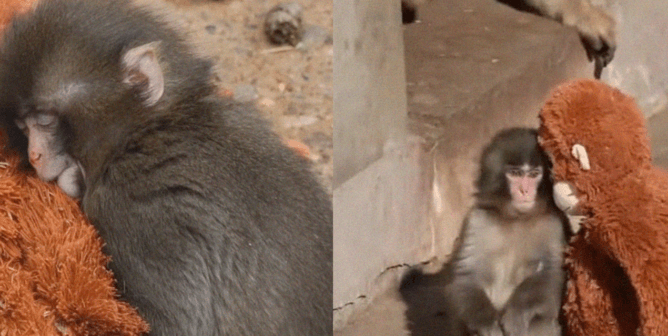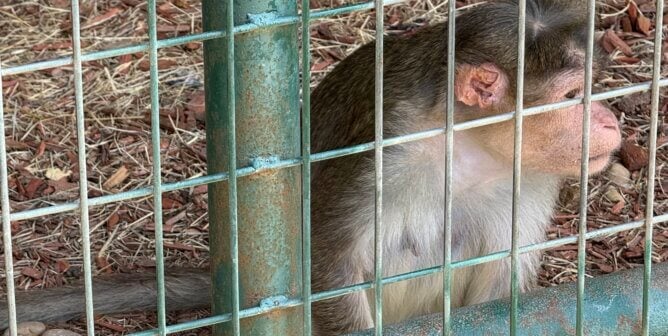Victory! Thomas Edmonds of Walnut Prairie Wildside Loses Exhibitors License Permanently
Update (November 14, 2023): And another one bites the dust! In a big move for animals imprisoned at roadside zoos, the U.S. Department of Agriculture (USDA) has permanently revoked Thomas Edmonds’ exhibitors license. The reckless behavior and horrible conditions at his awful roadside zoo, Walnut Prairie Wildside in Illinois, have resulted in over $25,000 in fines for egregious violations of the Animal Welfare Act (AWA).
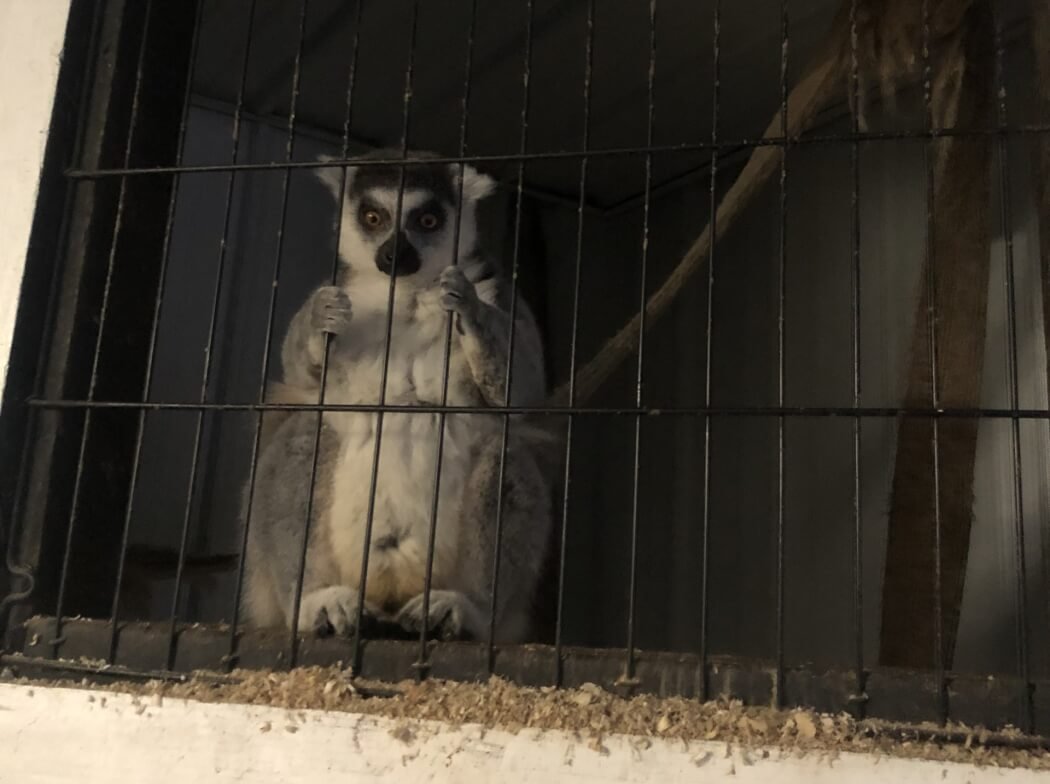
We’re delighted to see Edmonds, one of PETA’s “most wanted” animal abusers, prevented from ever legally exhibiting regulated animals again. In 2022, his license was canceled after failing a pre-license inspection—but this revocation means he’s permanently ineligible for a new license. The USDA made the right move by following up on PETA’s calls to investigate his dangerous and negligent behavior.
Edmonds’ History of Citations
Records previously obtained by PETA revealed the jaw-dropping extent of Edmonds’ negligence. In 2022, the USDA slapped him with a formal complaint for over 65 alleged violations of the AWA, which is what led to his license revocation and fine. The complaint noted his “flagrant disregard” of the AWA, haphazard “‘learn as he goes’ mantra,” lack of response to written citations, and history of exhibiting without a license.
Walnut Prairie Wildside was the source of many citations over the years for Edmonds, including for the following:
- Repeatedly failing to provide animals with adequate veterinary care, including two vervet monkeys and a ring-tailed lemur, who all died, and a young cougar who was thin, exhibiting signs of dehydration, and suffering from diarrhea
- Failing to provide domestic cats with adequate shelter and water and failing to provide primates with adequate water
- Repeatedly failing to handle animals properly, including allowing unsupervised contact between animals and members of the public, during which a visitor dropped a tiger cub on her head and multiple visitors (including children) were bitten by animals
- Allowing a volunteer to feed an adult tiger a boiled egg from their mouth
- Permitting a volunteer to take a picture while sandwiched between two adult tigers
- Repeatedly failing to clean the enclosures properly, including leaving buildup of old blood, urine, and brown debris on the walls
In addition, a lynx reached through mesh and pulled a boy toward the fence around an enclosure, scratching the child’s head and arm, and a patron was bitten on the finger by a prairie dog.
Walnut Prairie Wildside: A Roadside Hellhole in Photos
It bears repeating: Walnut Prairie Wildside is irredeemable. The immense animal suffering there is in plain sight:
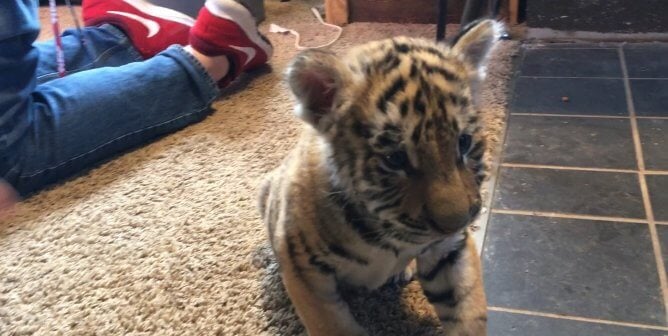
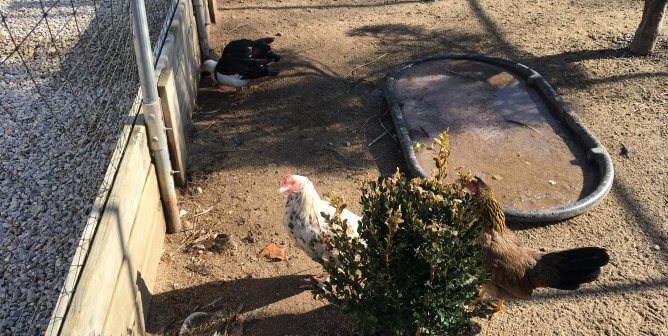
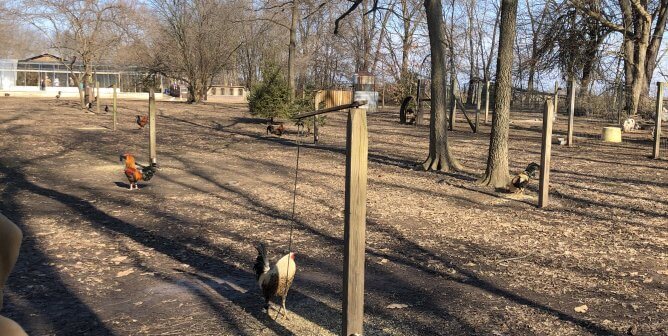
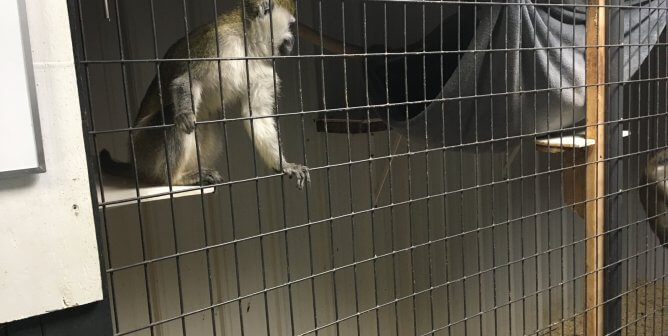
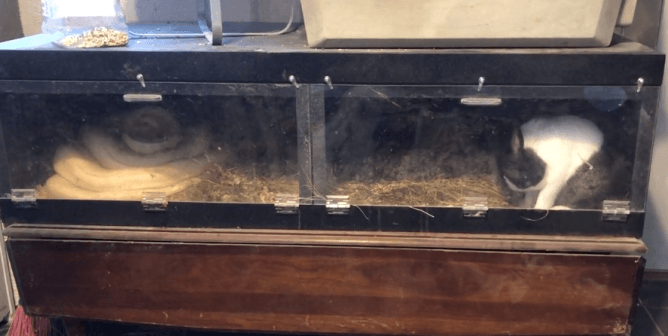
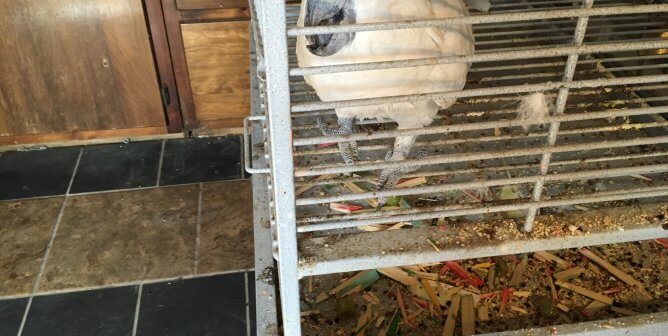
It’s easy to see this seedy operation for what it really is: a shoddy roadside zoo.
Walnut Prairie Wildside Abused Three Tigers
In May 2019, Edmonds acquired a baby tiger named Lily. She was less than 2 weeks old and was forced to participate in public encounters as part of his profit-churning operation.
The USDA cited Edmonds for having no knowledge of care for big cats, including proper nutrition. He also didn’t appear to be familiar with tiger behavior—USDA personnel had to explain these things to him and his staff after watching Lily show visible signs of distress during public encounters, while the staff did nothing to stop the harmful interactions.
During another encounter, authorities observed staff putting Lily in further danger by failing to pay attention to her, including when a woman dropped the tiger cub on her head, when multiple people picked up and held her in harmful ways, and when she attempted to interact with a python who was at least 13 feet long.
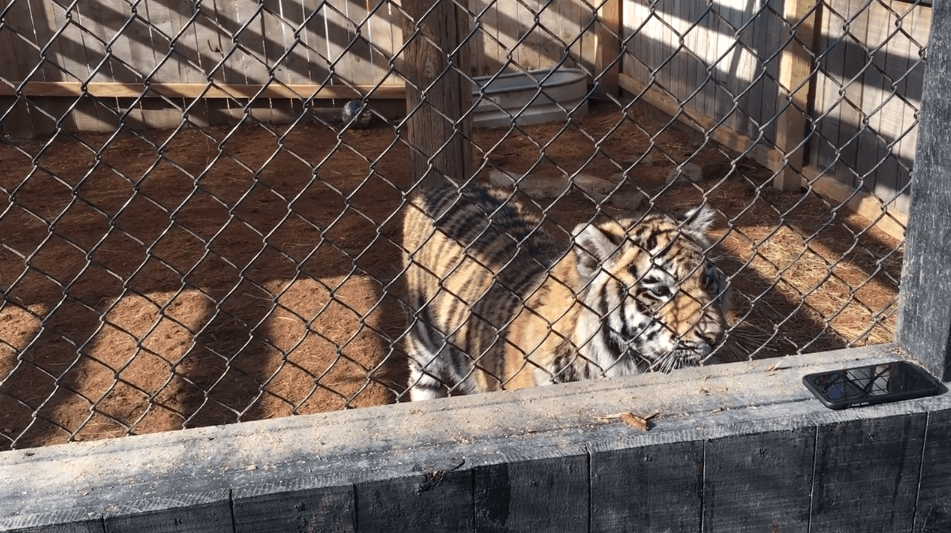
Inspectors also described how Edmonds allowed Lily to chew, paw, and bite at the ankles of patrons—including a 4-year-old girl—during public interactions. The USDA, seemingly unimpressed by Edmonds and his “learn as you go” approach to tiger care, apparently felt it necessary to tell the roadside zoo operator and his staff that they must to keep Lily and the public safe—something any reputable sanctuary would already know and be attentive to.
Nevertheless, Edmonds was not only allowed to continue using Lily for encounters with the public but also acquired a second cub, Tony, so that he could make more money. Like Lily, he was exploited for public encounters. In January of 2020, the USDA cited Edmonds for putting the public and Tony at risk of injury after he was forced to interact with patrons, despite growing larger and more dangerous.
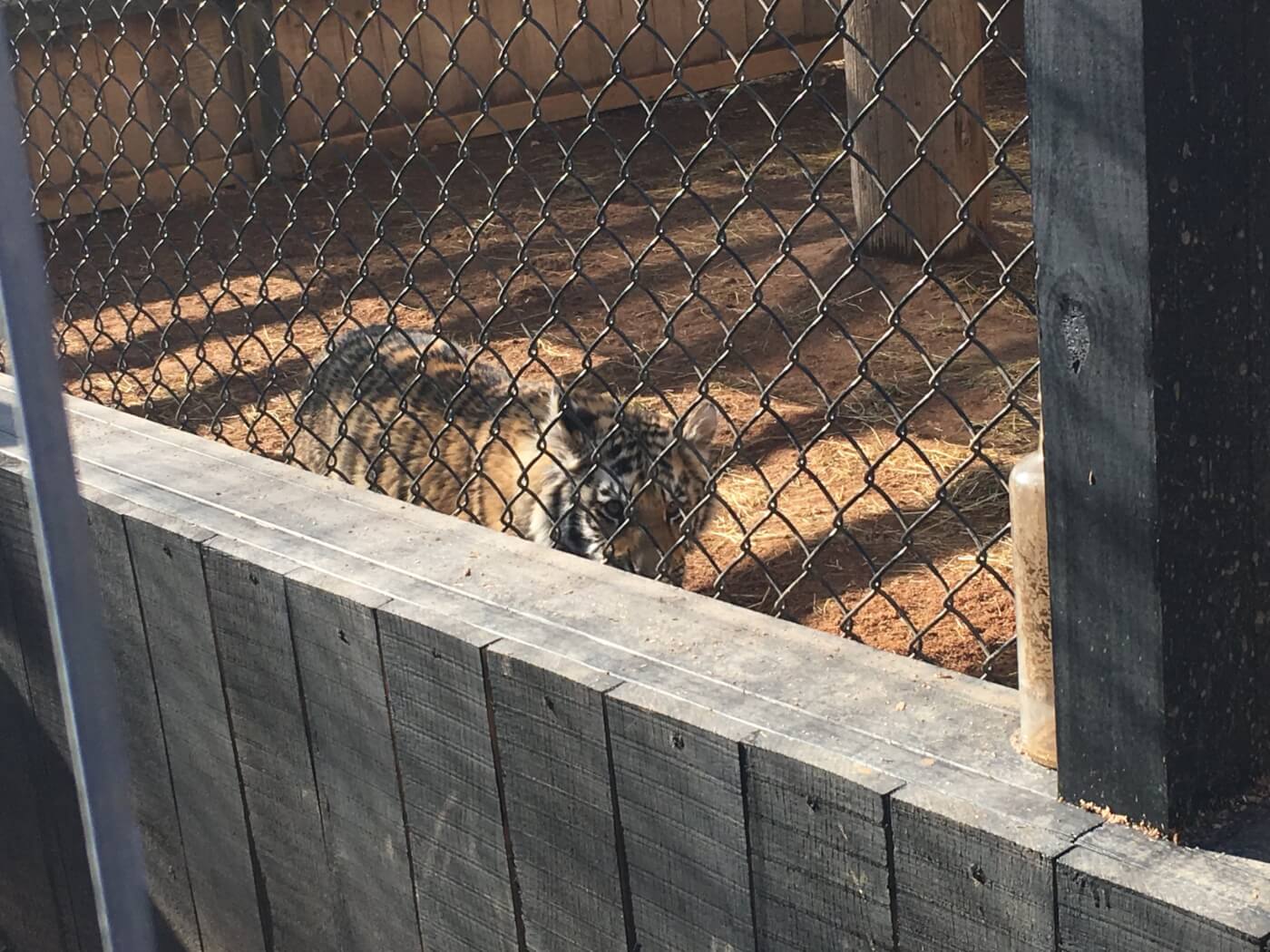
Tony was “too big, too fast and too dangerous to be in direct contact with any member of the public,” the USDA noted in its citation, again remarking on Edmonds’ lack of “knowledge, experience and good judgement” regarding big cats.
It gets worse: Despite his negligence and incompetence, Edmonds acquired a third cub, Daisy, in order to keep his exploitative business profitable. She was only a day old when she was shipped to the roadside zoo, and she was forced to participate in public encounters before she was even a month old.
Lily, Tony, and Daisy were all torn away from their mothers shortly after birth—and in Daisy’s case, just hours after. In nature, tiger cubs stay by their protective and nurturing mother’s side for up to two years—scientists are now even aware of a “dispersed social system” in which mothers and cubs sometimes remain together for almost three years.
Tiger cubs need their mother’s milk, her warmth, and her companionship—and they need to be left in peace so that they can rest whenever necessary. All of this is vital to their proper development.
But the dangerous public encounters that Edmonds forced these babies to participate in put them at risk of cold and heat stress, malnutrition, exhaustion, and infectious diseases, among other things, not to mention the physical harm that authorities observed during the public encounters with Lily.
Fortunately, the Big Cat Public Safety Act, which passed at the end of 2022, outlawed such encounters nationwide.
Beware of ‘Sanctuaries’
Just because a facility calls itself a sanctuary doesn’t guarantee that animals aren’t abused there, as one sham after another has proved. Walnut Prairie Wildside, for example, markets itself as a “wildlife sanctuary,” which you now know is a crock. Please never visit a place that breeds or sells animals, allows public encounters or photo ops with them, or carts them to fairs or other venues for entertainment. Asking a few simple questions can usually help you determine whether a facility is actually helping animals or exploiting them.
Although Edmonds can no longer harm and profit from these animals, others just like them are suffering across the country.

